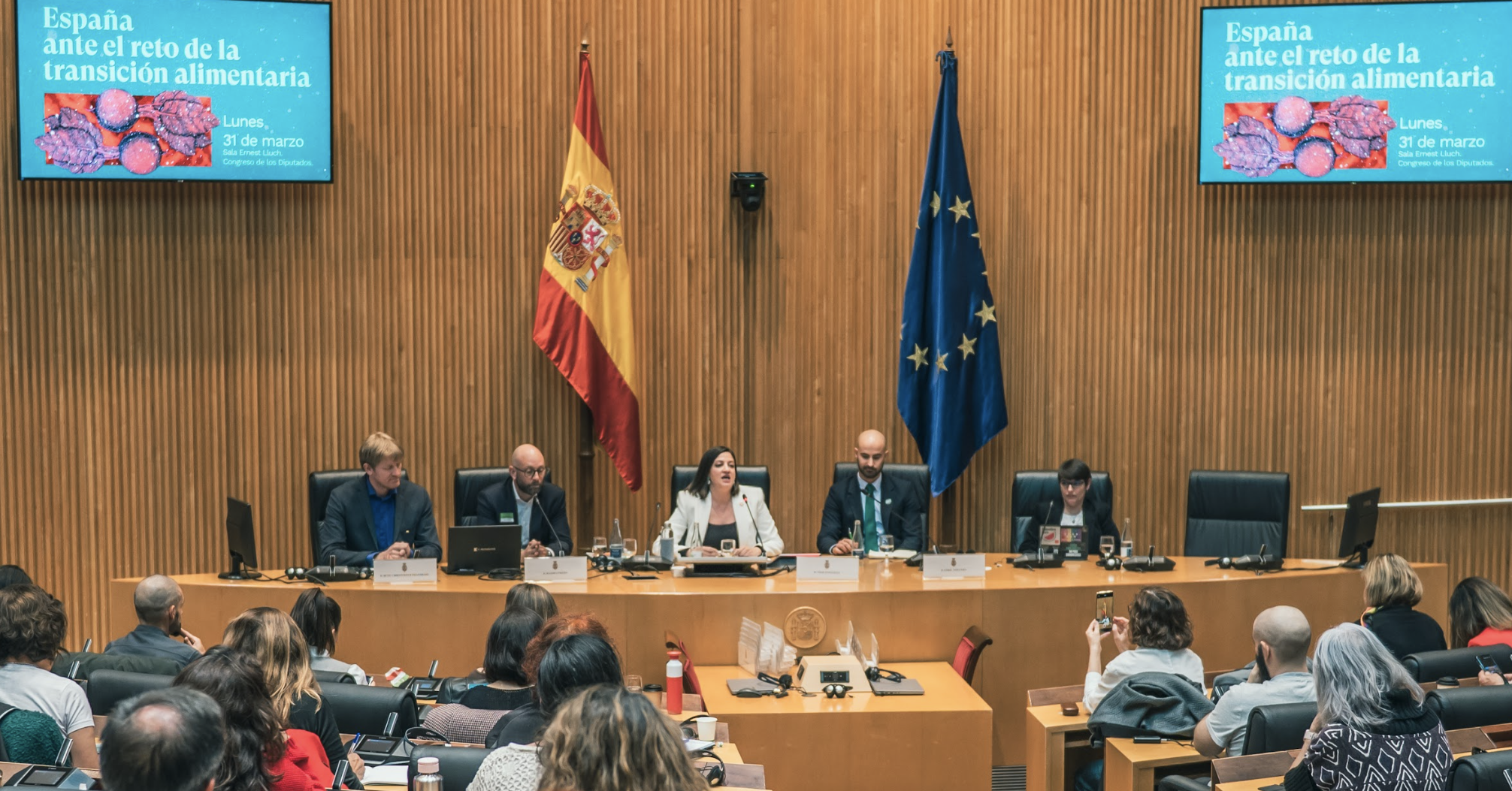Dear Friends,
You are invited to a landmark animal protection and law event in South Africa (and online)!
Join us for a first-of-its-kind event in South Africa, a Colloquium on ‘Transforming Animal Protection Legislation in South Africa: A Constitutional Imperative’.
📅 Dates: 5 & 6 May 2025
🕘 Time: 9:00 AM - 5:30 PM SAST (both days)
📍 Online & In-person [Zoom & @University of Johannesburg, Kerzner Building]
This 2-day hybrid colloquium brings together a powerful network of legal minds, government representatives, scientists, civil society leaders, judges, prosecutors, veterinarians, academics, activists and members of the public to chart a bold new course for animal protection in the country, grounded in our progressive Constitution and in pursuit of achieving inclusive justice.
Co-hosted by Animal Law Reform South Africa (ALRSA), Humane World for Animals Africa and the South African Institute for Advanced Constitutional, Public, Human Rights and International Law (SAIFAC) [collectively the Animal Law Project], it offers a critical platform to engage with and advocate for transformative animal law reform.
Why This Matters:
The South African government, through the Department of Agriculture, is currently overhauling the regulatory regime for animals through the drafting of a new ‘Animal Welfare Bill’. The existing animal ‘protection’ regime consists of antiquated laws, some 90 years old, passed during the abhorrent system of apartheid, and which are not aligned with our new constitutional ethos. Nearly a decade ago, South Africa’s Constitutional Court affirmed that animals are sentient beings with intrinsic value and connected human rights to the protection of animal interests - yet, the law has not been updated with this approach. As government initiates work on this new bill, it is critical that they develop a law that recognises these issues and developments.
This Colloquium builds on the Animal Law Project’s widely-endorsed ‘Manifesto for Transforming Animal Protection in South Africa: A Constitutional Imperative’(June 2024), which outlines a forward-thinking vision for the animal protection regime in South Africa rooted in the Constitution and principles such as dignity, equality, freedom, Ubuntu, and justice.
Featured Speakers include:
- Honourable Justice Kollapen (Keynote) – Acting Judge of the Constitutional Court of South Africa
- Prof. David Bilchitz – former Constitutional Court Justice, SAIFAC Director, ALRSA co-founder and board member, and expert on constitutional animal protection
- Dr. Lori Marino – Neuroscientist and expert on animal cognition and sentience (USA)
- Dr. Macarena Montes Franceschini – Animal law scholar and global advocate (Latin America)
Plus an exciting lineup of distinguished speakers from South Africa and around the world!
What To Expect:
- High-level panel and roundtable discussions exploring constitutional obligations, African moral theory including Ubuntu, animal sentience, and international best practice
- Deep dives into legal gaps, enforcement challenges, and legislative solutions
- Workshops to develop practical proposals for reform
- A unique opportunity to engage with the forthcoming Animal Welfare Bill
- A focus on interconnection between animal, environmental, and human interests
Please pre-register in advance. All welcome to register and attend virtually (for any or all sessions).
📩 Register or send queries: contact@animallawproject.org.za (For registration, please indicate whether you’ll be attending online or in person.)
🔗 Event Info: Facebook Event Page and www.animallawproject.org.za
📃Repository of Documents: Publicly accessible Google Drive
Do not miss out on the opportunity to be part of shaping the future of animal protection in South Africa (and beyond)!



